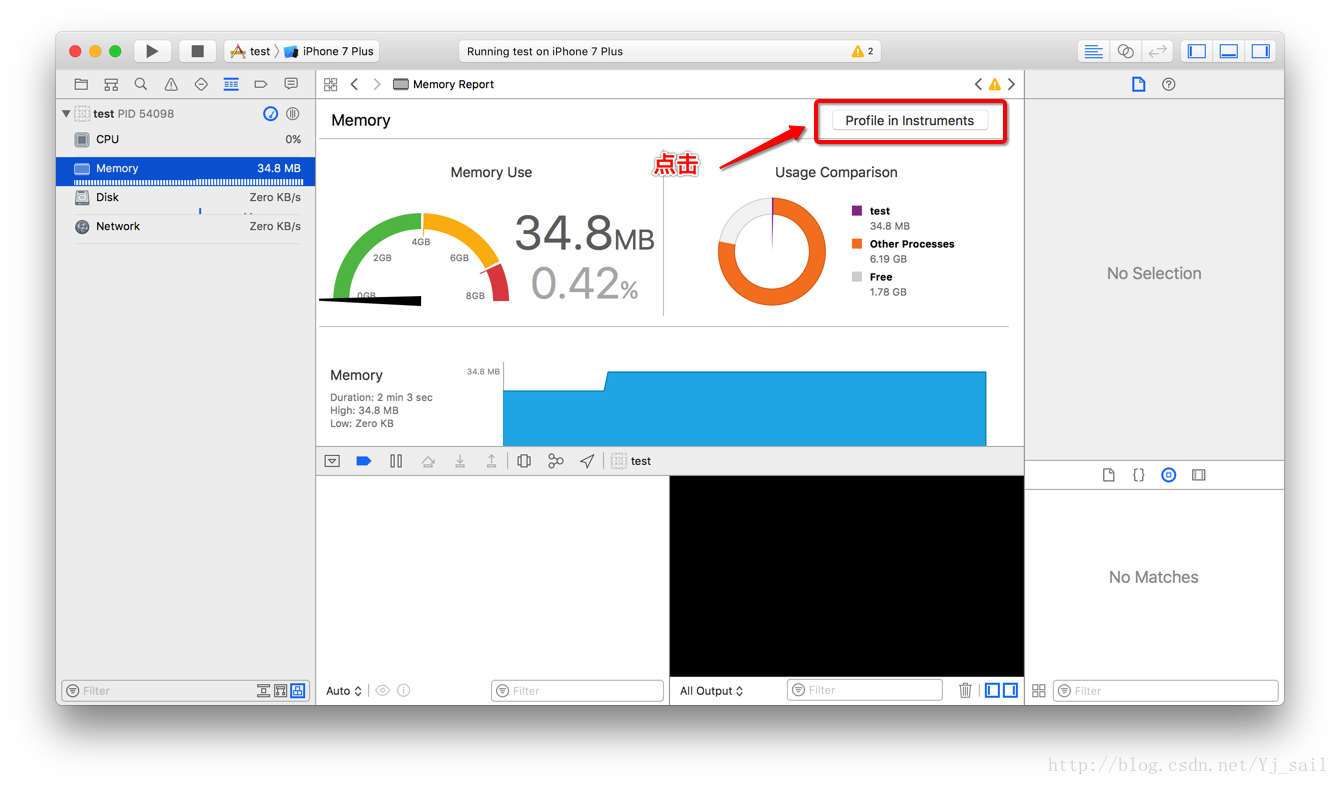服務端說明
#include <errno.h> //一些錯誤信息的處理
#include <stdio.h> // 標准輸入輸出
#include <sys/types.h> //基本系統數據類型
#include <netinet/in.h> //Internet address family 定義像sockaddr_in這個的地址族
#include <sys/socket.h> //socket
#include <unistd.h> //系統定義符號常量的頭文件,包含了許多UNIX系統服務的函數原型,例如read函數、write函數
#include <netdb.h> //netdb.h 定義了與網絡有關的結構,變量類型,宏,函數。如:struct hostent *gethostbyaddr(const void *addr, size_t len, int type);
#include <arpa/inet.h> // 定義了 inet_addr
#include <fcntl.h> //fcntl.h定義了很多宏和open,fcntl函數原型 close等
#include <stdlib.h> //標准庫
#include <string.h> //string
int main(int argc, const char * argv[])
{
int sfp,nfp; //套接字描述符
struct sockaddr_in s_add,c_add; //服務端和客戶端地址
unsigned int sin_size;
unsigned short portnum=3000; //綁定端口號
printf("Hello,welcome to my server !\r\n");
sfp = socket(AF_INET, SOCK_STREAM, 0); //套接字描述符
if(-1 == sfp)//如果失敗
{
printf("socket fail ! \r\n");
return -1;
}
printf("socket ok !\r\n");
bzero(&s_add,sizeof(struct sockaddr_in));//清0
s_add.sin_family=AF_INET;
s_add.sin_addr.s_addr=htonl(INADDR_ANY);// 任何地址
s_add.sin_port=htons(portnum);//端口號
if(-1 == bind(sfp,(struct sockaddr *)(&s_add), sizeof(struct sockaddr))) //如果綁定失敗
{
printf("bind fail !\r\n");
return -1;
}
printf("bind ok !\r\n");
if(-1 == listen(sfp,5))//如果listen失敗
{
printf("listen fail !\r\n");
return -1;
}
printf("listen ok\r\n");
while(1)
{
sin_size = sizeof(struct sockaddr_in);
nfp = accept(sfp, (struct sockaddr *)(&c_add), &sin_size);//不斷accept
//如果accpet成功的話,客戶端的一些信息就在 c_add 中
if(-1 == nfp)//失敗
{
printf("accept fail !\r\n");
return -1;
}
printf("accept ok!\r\nServer start get connect from %#x : %#x\r\n",
ntohl(c_add.sin_addr.s_addr),ntohs(c_add.sin_port));
// 打印客戶端的地址和端口
if(-1 == write(nfp,"hello,welcome to my server \r\n",32))//寫入數據
{
printf("write fail!\r\n");
return -1;
}
printf("write ok!\r\n");
close(nfp);//關閉
}
close(sfp);//關閉
return 0;
}
客戶端說明
#include <errno.h>
#include <stdio.h>
#include <sys/types.h>
#include <netinet/in.h>
#include <sys/socket.h>
#include <unistd.h>
#include <netdb.h>
#include <arpa/inet.h>
#include <fcntl.h>
#include <stdlib.h>
#include <string.h>
int main()
{
int cfd;//套接字描述符
ssize_t recbytes;//接受字節長度
char buffer[1024]={0};//接收字節緩存區
struct sockaddr_in s_add;//連接的地址
unsigned short portnum=3000;//連接端口
printf("Hello,welcome to client !\r\n");
cfd = socket(AF_INET, SOCK_STREAM, 0);
if(-1 == cfd)
{
printf("socket fail ! \r\n");
return -1;
}
printf("socket ok !\r\n");
bzero(&s_add,sizeof(struct sockaddr_in));//清空
s_add.sin_family=AF_INET;
s_add.sin_addr.s_addr= inet_addr("192.168.1.101");
s_add.sin_port=htons(portnum);
printf("s_addr = %#x ,port : %#x\r\n",s_add.sin_addr.s_addr,s_add.sin_port);
if(-1 == connect(cfd,(struct sockaddr *)(&s_add), sizeof(struct sockaddr)))//開始連接
{
printf("connect fail !\r\n");
return -1;
}
printf("connect ok !\r\n");
ssize_t num=1024;
if(-1 == (recbytes = read(cfd,buffer,num)))//如果讀取失敗
{
printf("read data fail !\r\n");
return -1;
}
printf("read ok\r\nREC:\r\n");
buffer[recbytes]='\0';
printf("%s\r\n",buffer);
getchar();
close(cfd);
return 0;
}




